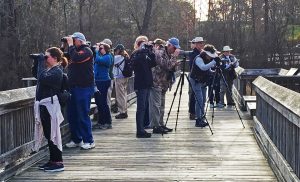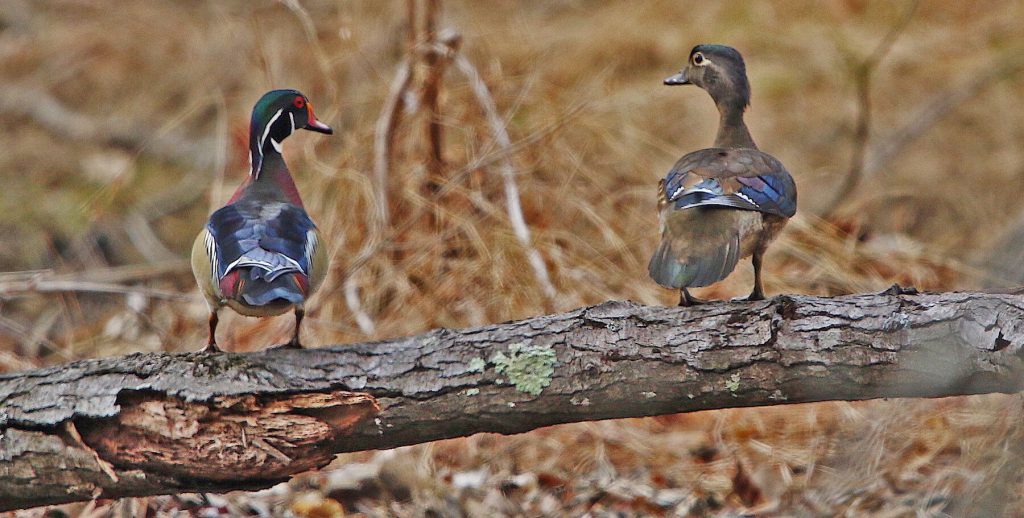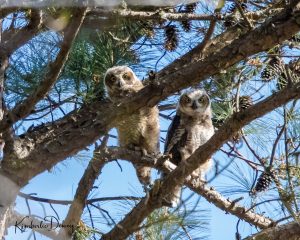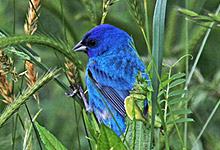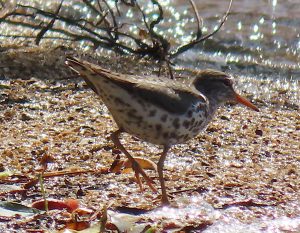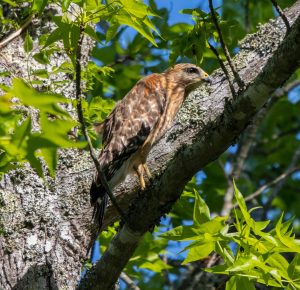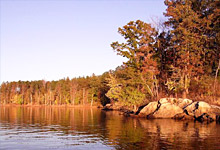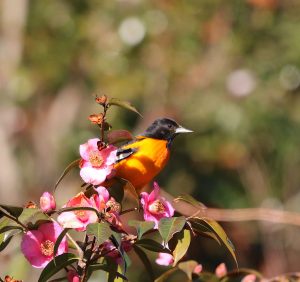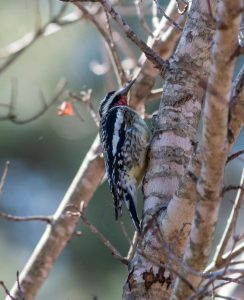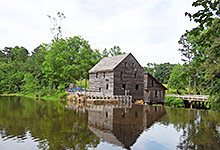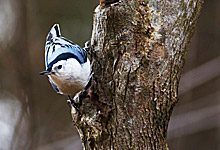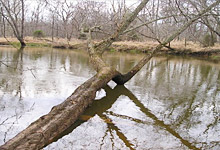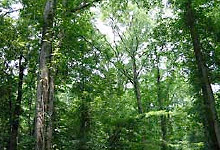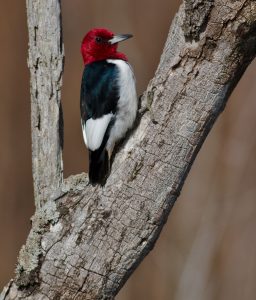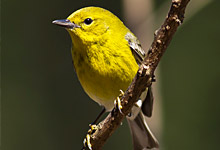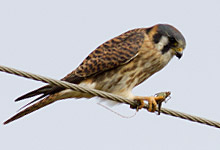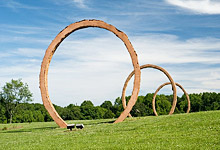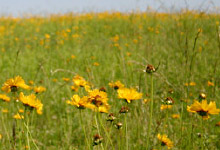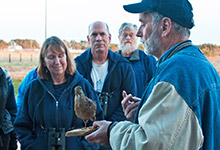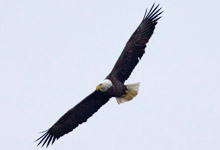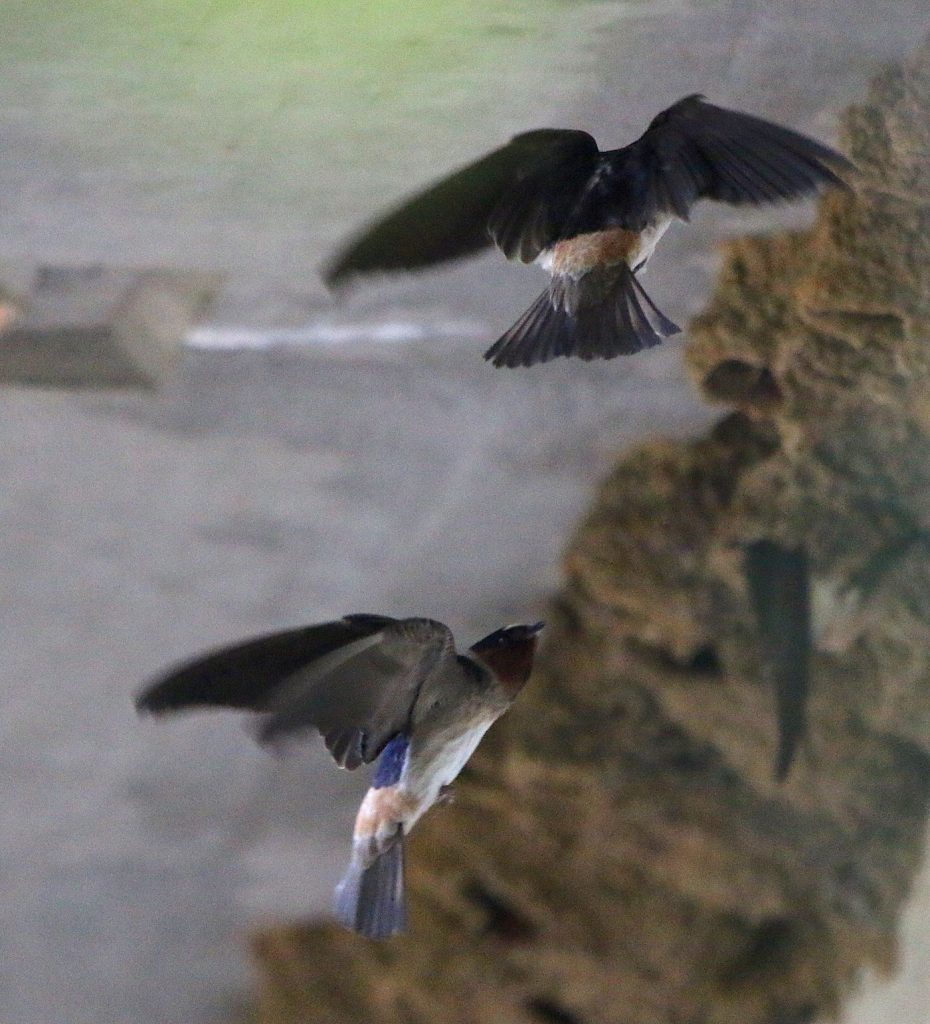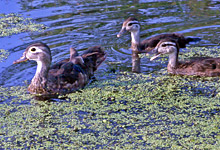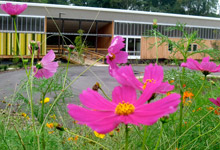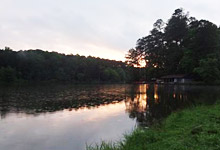Fred Fletcher Park
The park is the former campus of the Methodist Home for Children and was purchased by
Raleigh in 1982. The park is great for a beginner’s bird walk, with paved walkways, several habitats, and birds that tend to be used to humans. The park has a very small marsh and thicket, plus some mowed fields with trees and shrubs. Fred Fletcher Park usually provides a surprising number of birds for an urban park. About 100 species have been seen in this lovely urban park, including Rusty Blackbirds and Baltimore Orioles.
eBird hotspot: https://ebird.org/hotspot/L1060828
Location: 730 Washington Street, Raleigh, NC
For more information: https://www.raleighnc.gov/places/fred-fletcher-park
Green Hills County Park (formerly North Wake Landfill District Park)
This park offers a playground, picnic area and hiking/biking trails on a repurposed landfill property. There is access to the Abbott’s Creek Greenway trail. Birds often seen include Eastern Meadowlark, Eastern Bluebird and a variety of hawks.
eBird hotspot: https://ebird.org/hotspot/L3311880
Location: 9300 Deponie Drive, Raleigh, NC
For more information: http://www.wakegov.com/parks/greenhills/pages/default.aspx

